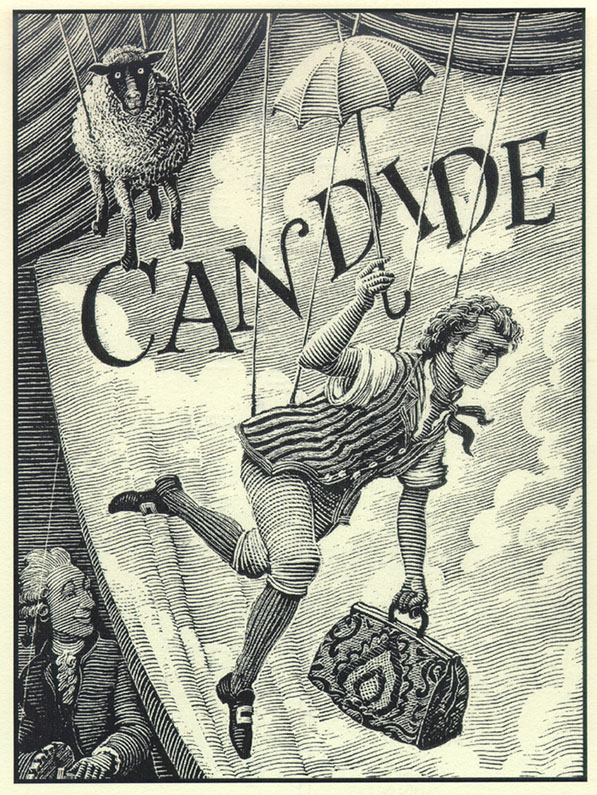The Story of the Stone by Cao Xueqin
The story starts with in the dreamlike world where a magical and conscious stone, the one block left over by the goddess Nu-wa while repairing the damaged vault of the sky in the mythic past. Along came a monk and a Taoist priest who decided to make it human and let it live/experience the world. The stone was born human named Jiabaoyu because he was born with a jade in his mouth. He later falls in love with his cousin Lin Daiyu, the flower he watered with his magical sweet dew while serving in at the goddess’ court as a stone.
Later on Jiabaoyu’s family decided that he should marry his other cousin Xue Baochai, because she had a golden locket with an inscription that matches Boayu’s jade and couldn’t do anything about it because his family had spoken. Lin Daiyu ended her own life after hearing that should marry Xue Baochai not her. Jiabaoyu was unhappy, miserable and lonely because of the decision his family had made for him, it’s like they had changed his destiny to the road of misery. He renounced to everything and went to live alone as a monk.
The time this story was written the Chinese people has a very strong traditional background, it reflected on the social problems they had at that particular time. The writer because he was trying to point out that their society was corrupted, and the lack of freedom, not been able to express or live your true feelings. Was the author trying to convince his audiences not follow the values of traditions, culture, and or the corrupted society, but their own happiness? Did his story help others realize it that it was time for a better future, were they could make their own decisions? Can say that the Cao Xueqin was an enlightenment thinker?


![images[3]](https://blogs.baruch.cuny.edu/greatworks2kaufman/wp-content/blogs.dir/2431/files/2013/02/images3.jpg)





